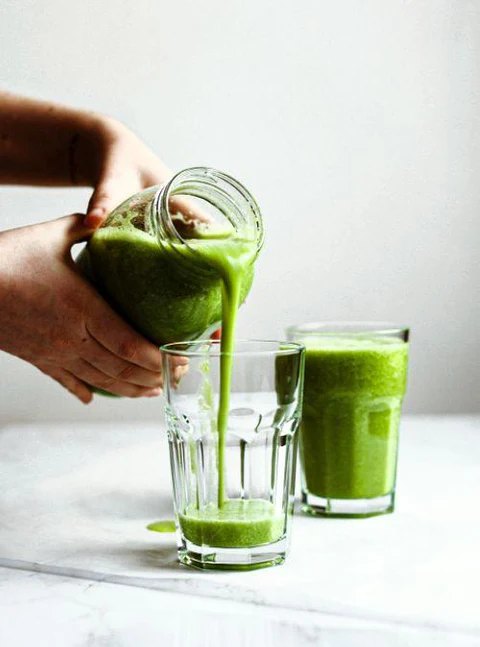The Great Barrier Reef has exploded with life in its annual mass coral spawning event! Trillions of eggs and sperm have been released into the ocean in the largest reproductive event on the planet, spurring hope amongst scientists for the future health of the Reef.


What On Earth Is “Sex On The Reef?”
In the early 1980s, a team of young researchers made a startling discovery about the sexual reproduction of corals. Instead of brooding larvae, the researcher's discovered that many coral species actually “broadcast” spawned eggs and sperm into the sea in a mass spawning event.
So, what actually happens in the “world’s biggest sex event”? Basically, the entire Great Barrier Reef erupts in colour once a year, with trillions of eggs and sperm expelled by various species of coral. According to Gareth Phillips, an Australian marine biologist, “each coral larvae drifts until it lands and settles on the seafloor. Spawning takes place over several days with different species spawning on different nights”.
Photographers cited the experience as “magical”.


Conditions Have To Be “Just Right” For Coral Spawning To Occur
Coral’s are extremely fussy creatures! Essentially — the coral spawning event only happens on a calm night, in warm water, when the full moon is shining. It usually takes place between October and November, but the timing can actually vary along the 2,300 kilometre Reef — depending on water temperature and currents. By expelling the eggs and sperm at the same time, the coral increases the likelihood of fertilisation.
When the spawning event finally occurs, it’s said to be a spectacular event resembling an underwater snowstorm. According to Phillips, 2021's event was particularly special. “There seemed to be different species spawning in waves. The conditions were magical — with the water like glass and beautiful light from the moon,” he said.


Only 2% Of The GBR Has Escaped Bleaching Since 1998
The Great Barrier Reef has endured five major bleaching events since 1998. Coral reefs are extremely susceptible to small changes in ocean temperature and acidity. As we said, corals are extremely fussy, but if conditions return to an optimal state — bleached coral may regain its algae and bright colour!
Sadly, the back-to-back bleaching events have caused the amount of larvae expelled by corals to decrease. A recent study estimates the number of baby corals being produced across the reef had dropped by 71% since 1998.
Less than 2% of the entire Reef has escaped bleaching since 1998. We know that if the Earth surpasses 1.5C of warming above pre-industrial levels, coral reefs will decline by 70-90%.


Coral Spawning Event Is Key To The GBR’s Survival
The coral spawning event is integral to the survival of the Reef — without it, the corals cannot reproduce. Interestingly, many other synchronous spawning events have been recorded in other Indo-Pacific reef regions. However, the GBR is one of the only places in the world where many different coral species participate in the mass spawning event!
The success of 2021's reproductive event is a positive sign for the health of the Reef. According to Mr Phillips, “it's a strong demonstration that its ecological functions are intact and working after being in a recovery phase for over 18 months”.
Plus, "this spawning event is another sign that the reef is recovering, it is not all doom and gloom,” said Phillips.
The success of this year’s coral spawning event on the Great Barrier Reef is a positive sign. It doesn’t mean that the Reef is in any less danger from climate change, but it means that the Reef is resilient and capable of recovering from heat waves. Our job is to ensure that we keep global warming below 1.5C to prevent heat waves from escalating in frequency and intensity.
For more positive climate news — and updates on the Great Barrier Reef — head to our Eco News category, and check out the blogs below!
Kangaroo Island’s Schoolkids Are Using An App To Save Bushfire-Impacted Birds
This Sustainable Floating ‘Continent’ Cleans Up Ocean Plastic
Seahorse Recovery Program Releases 140 Seahorses Into Sydney Harbour’s ‘SeaBnBs’



